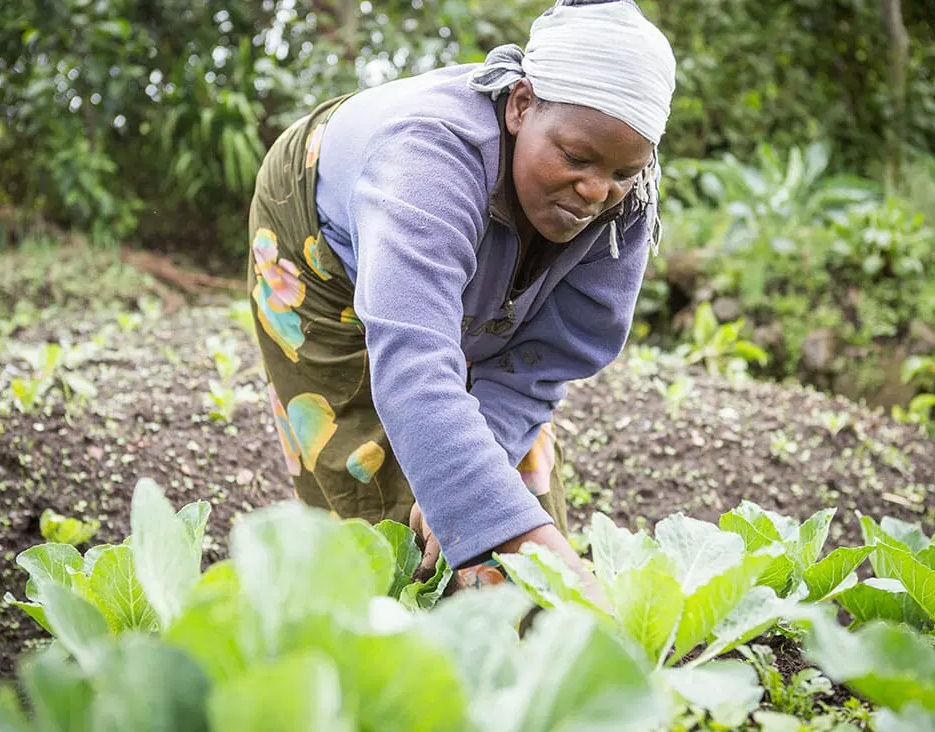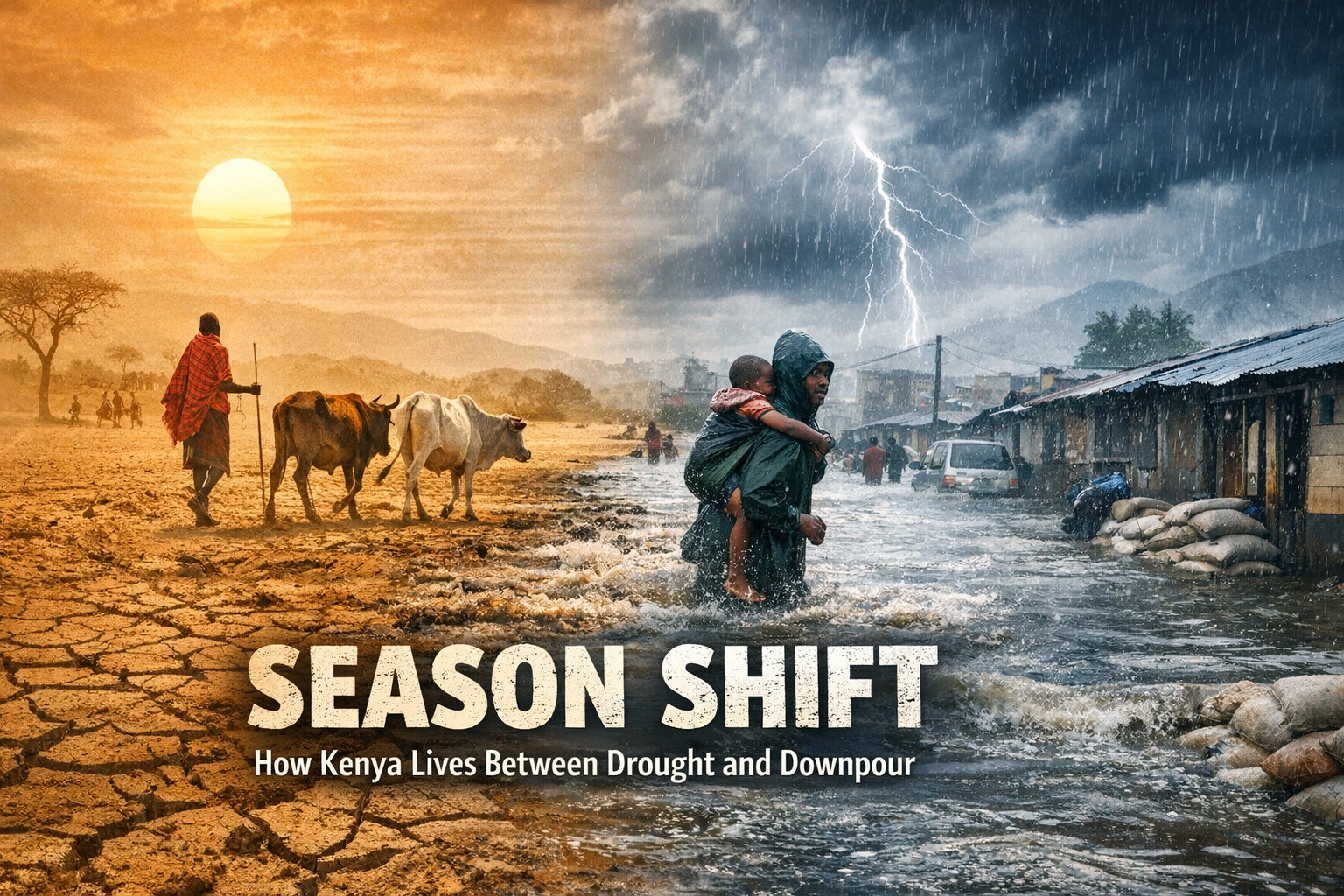- Sustainable agriculture and food security are crucial in Kenya's economic growth and development.
Kenya is one of Africa's leading economies, with the agricultural sector playing an essential role in driving the economy's growth.
Agriculture occupies about 80 percent of the Kenyan labor force, contributes to over 30 percent of the Gross Domestic Product (GDP), and accounts for 65 percent of the country's export earnings, making it a vital sector for Kenya's development.
However, the continued environmental degradation and the effects of climate change pose great challenges to Kenya's agricultural sector and, consequently, food security in the country.
Sustainable agriculture in Kenya is necessary to address the foregoing challenges and ensure food security.
It is a holistic approach towards agricultural production that aims to maximize the use of natural resources, optimize yields and production, minimize the impact on the environment, and ensure the long-term viability of agriculture.
Read More
Sustainable agriculture practices include conservation farming, agroforestry, integrated pest management, and the use of renewable energy sources, among others.
One of the most significant benefits of sustainable agriculture is increasing the resiliency of Kenya's agriculture sector to the effects of climate change.
Sustainable agricultural practices like conservation farming ensure soil health through appropriate crop rotation and the use of organic manure instead of chemical fertilizers.
This resiliency is crucial in mitigating the effects of climate change and protecting crops from extreme weather events such as drought and floods.
Sustainable agriculture can also yield significant benefits to the economy by increasing productivity and reducing the cost of production.
Proper irrigation techniques and water management systems can increase crop yields, resulting in higher food production.
The use of renewable energy sources like solar-powered irrigation systems can also reduce the cost of production and increase the value of harvested produce.
In conclusion, sustainable agriculture and food security are crucial in Kenya's economic growth and development.
It is therein of utmost essence that the government and other stakeholders embrace sustainable agriculture practices like conservation farming, agroforestry, and the use of renewable energy sources.
By doing this, Kenya can enhance its resilience to climate change, increase productivity, and boost its economic growth and development.







